The Environmental Impact of Choosing Organic Over Conventional Farming
With increased awareness of sustainable agriculture, organic farming is becoming increasingly popular among consumers who seek an environmentally friendly option compared to traditional farming. But how does organic farming contribute positively to the environment?
Organic farming does away with the application of synthetic pesticides, fertilizers, and genetically modified organisms (GMOs) but enhances soil health, biodiversity, and purer water systems. Conventional farming, on the other hand, is based on intensive chemical application, which may result in soil erosion, water contamination, and greenhouse gas emissions.
In this blog, we’ll explore the key environmental benefits of organic farming compared to conventional methods, backed by data, charts, and real-world impact analysis.
1. Soil Health and Fertility
- Soil Health and Fertility
Soil is the foundation of farming, and the way we treat it determines the sustainability of our food system. Organic farming focuses on soil regeneration through:
- Compost and natural fertilizers instead of synthetic chemicals.
- Crop rotation and cover crops to prevent soil depletion.
- No-till and reduced plowing to maintain soil structure and prevent erosion.

How Conventional Farming Harms Soil
- Overuse of chemical fertilizers depletes soil nutrients over time.
- Heavy tilling leads to soil erosion, making land less fertile.
- Monoculture (growing the same crop repeatedly) strips the soil of essential nutrients.
Soil Organic Matter: Organic vs. Conventional Farming
- Overuse of chemical fertilizers depletes soil nutrients over time.
- Heavy tilling leads to soil erosion, making land less fertile.
- Monoculture (growing the same crop repeatedly) strips the soil of essential nutrients.
Disclaimer: This graph is for informational purposes only. For official data, please refer to sources such as the Pakistan Bureau of Statistics (PBS) and FAO.

2. Water Conservation & Pollution Reduction
How Organic Farming Protects Water Resources
- No synthetic pesticides or fertilizers → Prevents chemical runoff into rivers and lakes.
- Healthier soil with more organic matter → Retains water better, reducing the need for irrigation.
- Less erosion → Prevents sediment pollution in waterways.
How Conventional Farming Harms Water Systems
- Excess fertilizer use → Leads to nitrogen runoff, causing dead zones in oceans.
- Pesticide contamination → Pollutes drinking water sources and harms aquatic ecosystems.
- Higher water demand → Conventional crops often require more irrigation than organic crops.

3. Biodiversity and Ecosystem Health
Biodiversity is crucial for a balanced ecosystem, and organic farming promotes natural diversity through:
- Crop diversity (polyculture farming) instead of monocultures.
- Protection of pollinators (bees, butterflies) by avoiding toxic pesticides.
- Encouragement of natural predators (e.g., ladybugs, birds) for pest control.
Biodiversity Loss Due to Conventional Farming
- Monoculture farming reduces plant and insect diversity.
- Pesticides kill beneficial insects that support ecosystems.
- Deforestation and land clearing for large-scale farming destroy wildlife habitats.
Disclaimer: This graph is for informational purposes only. For official data, please refer to sources such as the Pakistan Bureau of Statistics (PBS) and FAO.

4. Greenhouse Gas Emissions and Climate Change

Agriculture contributes about 25% of global greenhouse gas (GHG) emissions, with conventional farming being a major contributor due to:
- Synthetic fertilizers releasing nitrous oxide (N₂O), a potent greenhouse gas.
- Deforestation for large-scale monoculture crops.
- Heavy machinery use burning fossil fuels.
How Organic Farming Reduces GHG Emissions
- Sequesters more carbon in the soil, reducing CO₂ in the atmosphere.
- Uses natural compost instead of synthetic fertilizers, lowering N₂O emissions.
- Encourages low-energy farming methods like crop rotation and minimal tilling.
Disclaimer: This graph is for informational purposes only. For official data, please refer to sources such as the Pakistan Bureau of Statistics (PBS) and FAO.

5. Energy Use and Sustainability

Organic farming tends to use less energy per acre compared to conventional farming due to:
- No synthetic chemical production (which requires high energy inputs).
- Reduced machinery use by relying on manual labor and natural farming techniques.
- More efficient nutrient cycling through composting and cover cropping.
How Conventional Farming Consumes More Energy
- Pesticide and fertilizer production accounts for a large portion of farming energy use.
- Irrigation and fuel-intensive machinery increase carbon footprint.
- Food transportation over long distances increases fossil fuel consumption.
Conclusion: Why Choosing Organic Farming Matters
The environmental impact of organic vs. conventional farming is clear:
✅ Organic farming supports soil health, prevents erosion, and improves fertility.
✅ It reduces water pollution and conserves water more efficiently.
✅ Biodiversity thrives in organic farms, supporting bees, butterflies, and other wildlife.
✅ Greenhouse gas emissions are lower in organic farming, reducing climate impact.
✅ Energy consumption is significantly lower, making organic farming more sustainable.
By choosing organic over conventional farming, both farmers and consumers can contribute to a healthier planet, cleaner air and water, and a more resilient food system. The shift towards sustainable agriculture is not just about healthier food—it’s about protecting our environment for future generations.
What’s your take on organic vs. conventional farming? Let’s discuss in the comments!

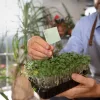

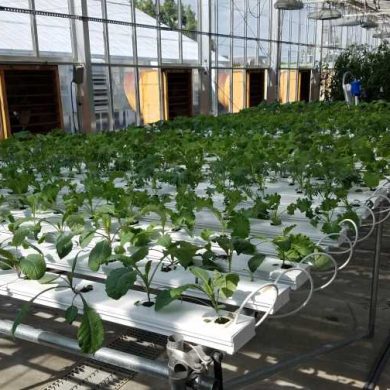
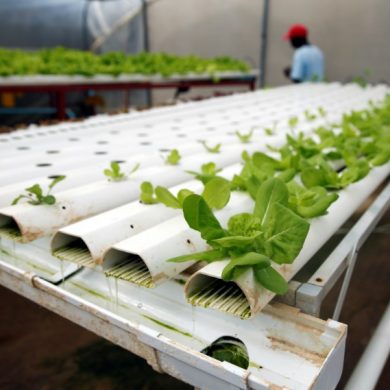
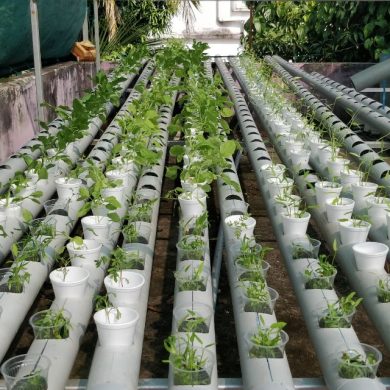

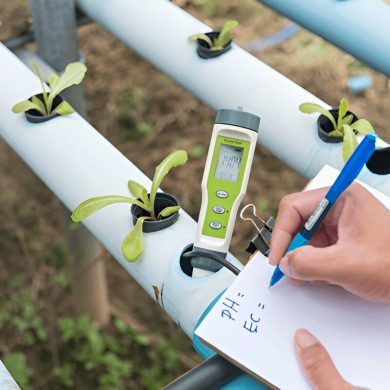



Add comment